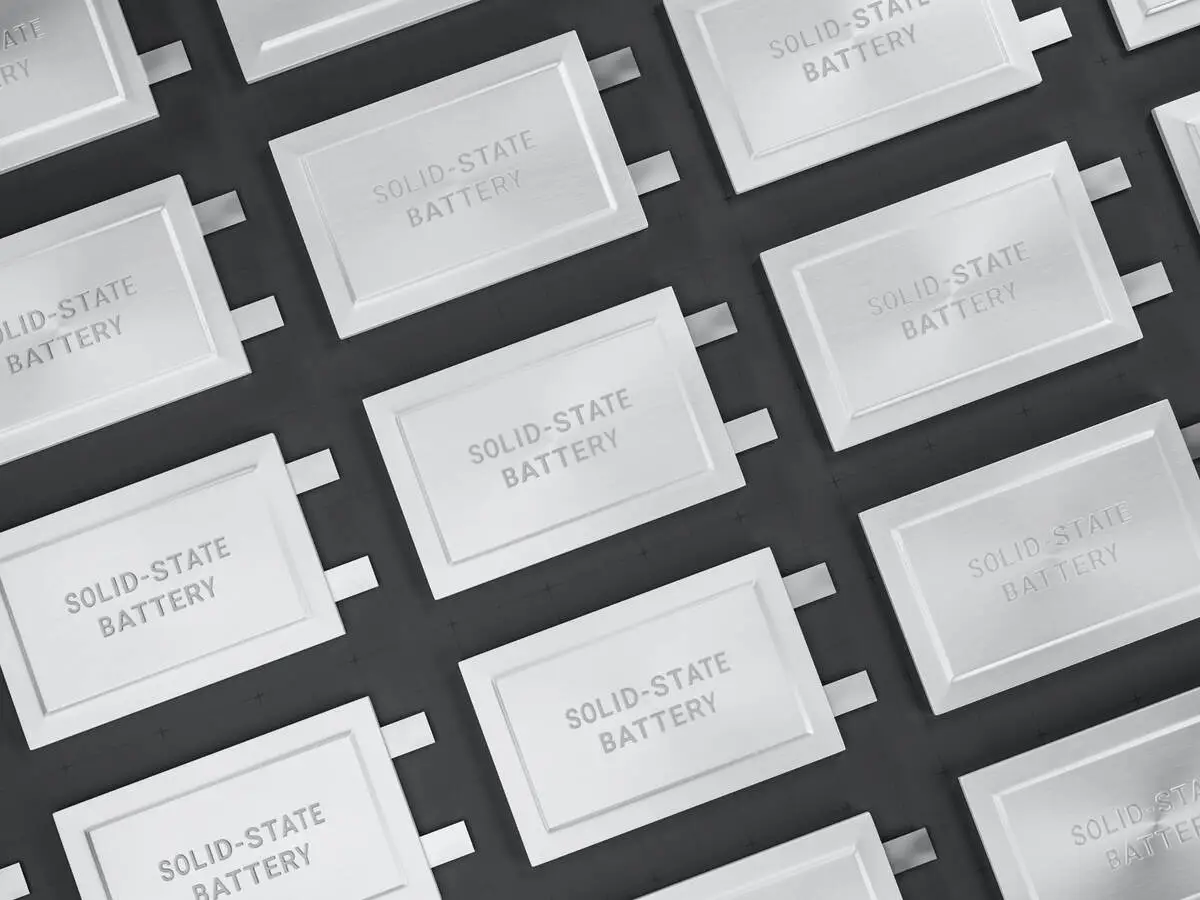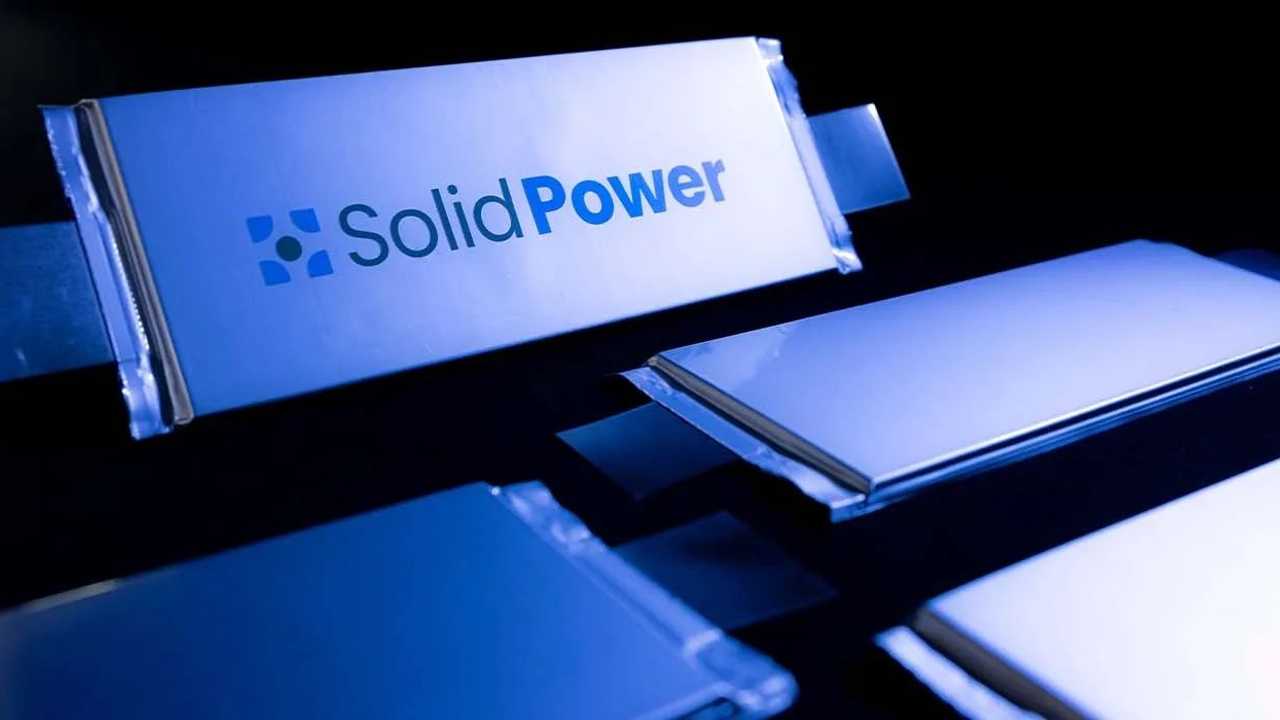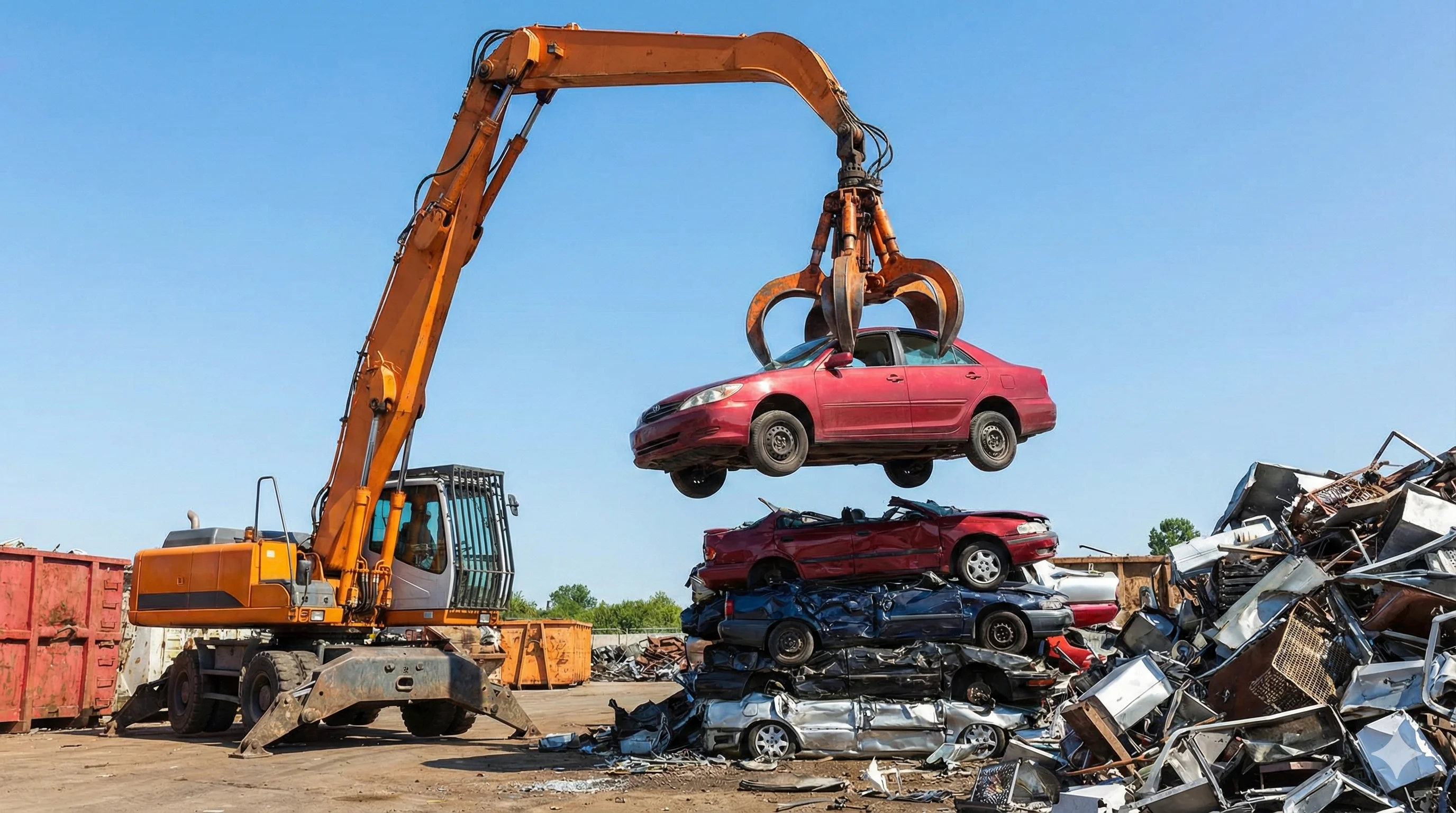
Table of Content
▼New Delhi: In an energy storage landscape that is constantly evolving and changing rapidly, the advent of solid-state batteries (SSBs) heralds a new era of possibilities, making them a major game changer. With increasing demand for improved performance and attempts to find safer energy storage solutions, SSBs are becoming leaders in the race toward next-generation technology.
With the continuous development of new battery technologies, especially due to the rapid growth in vehicle electrification, which requires large battery packs, there is an increasing demand for more efficient, reliable, and environmentally friendly materials. The solid-state lithium-ion battery is a next-generation energy storage technology.

The direct advantage of this power source over commercial lithium-ion batteries is its ability to solve the resource problems of low-voltage batteries as a cost-effective alternative. The second advantage is the elimination of flammable liquid electrolytes. Solid electrolytes are more resistant to temperature changes and physical damage and produce up to 80% less heat. It can withstand more charge/discharge cycles before gradually degrading and ensuring longer battery life.
Another immediate advantage is that liquid electrolytes do not require a membrane or jacket. This can reduce the weight and size of each cell and increase the battery's energy density.
Advantages of SSB over Lithium-ion batteries
Safety:
SSBs are considered the “holy grail” of battery technology due to their greatly improved safety profile. The lack of flammable liquid electrolytes reduces the risk of thermal runaway, making SSBs a better and a safer option.
Higher Power Density:
SSBs offer the potential for increased power density, a critical factor in applications such as electric vehicles (EV) and consumer electronics, where greater range and longer battery life are required for efficient use.
Longer life cycle:
SSB devices tend to have longer life cycles, meaning they can withstand more charge and discharge cycles without significant degradation.
Wide Temperature Range:
SSB devices can operate effectively within a wider temperature range, making them suitable for extreme conditions.
Simple Design:
SSBs can simplify battery design due to their solid-state nature, which can reduce the complexity of energy storage systems.
Flexibility:
Some SSB boards offer mechanical flexibility, allowing them to integrate into different form factors.
Solid-state batteries replace the flammable liquid electrolyte with solid-state electrolyte (SSE) and are inherently safer for everyone. SSEs also open the door to the use of different cathode and anode materials, expanding battery design possibilities. Although some SSBs rely on lithium-ion chemistry, not all of them go this route.
Also Read: Best Riding Helmets in India 2024
Neha Mehlawat
Neha Mehlawat is an automotive journalist and industry analyst with 10+ years of experience covering cars, bikes, and mobility trends. She tracks the latest launches, technology upgrades, and policy changes in the auto sector, delivering sharp insights that help readers stay ahead in the fast-evolving world of automobiles.





